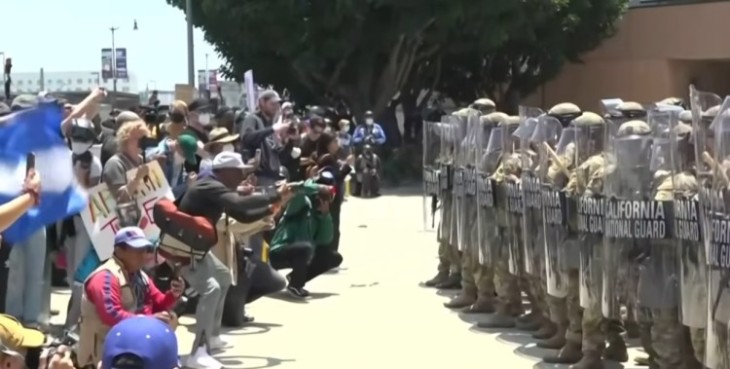By Mitra Moassessi / SMC Faculty Association president
In March of 2011, the Office of Academic Affairs sent a letter to three of our part-time Associate Faculty members informing them that their Associate Faculty status would be terminated at the end of the Spring 2011 semester. They were also informed that they would not receive additional assignments from Santa Monica College.
The letter referenced article 6.6.8 of the collective bargaining agreement between the District and the Santa Monica College Faculty Association, which lists the conditions under which the Associate Faculty status can be terminated.
Condition (b) provides associate faculty status can be terminated if “The associate faculty member fails to perform the normal and reasonable duties of his/her assignment or is otherwise guilty of misconduct as defined by Education Code 87732.”
In all three cases the faculty member’s termination was triggered by a complaint against the faculty member by a student, which resulted in investigations by the Office of Human Resources. The investigations consisted of interviews with the faculty member and students, none of which were under oath. In all three cases, the Office of Human Resources found the faculty members guilty of misconduct.
The Faculty Association didn’t agree with the decision of the court of Human Resources, a court in which the prosecutor and the judge were the same person. Furthermore, the Association believed that the investigation contained significant inaccuracies and the District offered no direct evidence to establish guilt. Consequently, the association filed grievances on the three cases, maintaining that the terminations of the faculty members were in violation of the contract.
The District denied that its decisions were in violation of the contract and claimed that Associate Faculty can be terminated “at-will” and the district is not obligated to prove guilt.
After going through the informal and formal process of the grievance procedure, as has been defined in article 12 of the collective bargaining agreement, all three cases resulted in arbitration, which is the final level of the grievance process.
Three different impartial arbitrators each reviewed one of the three cases and considered both sides of the arguments. The arbitrators issued their reports on January 9, 2012, February 10, 2012, and March 12, 2012. The three different and impartial arbitrators came to the same conclusion: the Association’s grievance was granted and the district must reinstate the faculty member.
Article 12.3.9 of the collective bargaining agreement between the District and the Santa Monica College Faculty Association states: “the decision of the impartial arbitrator shall be binding on the parties”.
In the history of the Faculty Association, every time a grievance has resulted in arbitration, the parties have agreed that binding arbitration means the decision of the arbitrator is binding and the parties must comply with it. Under the guidance of the district’s legal counsel, who is an hourly paid consultant, the word binding apparently does not actually mean binding. On April 17, 2012, the district filed a petition with the Superior Court of California to vacate the contractual binding arbitration awards, claiming that the arbitrators had exceeded their authority and the District had the right to terminate any part-time faculty, including Associate Faculty, at-will.
The petition to vacate the arbitrators’ decision was heard at the Superior Court of California, Santa Monica Courthouse, on June 26, 2012. Two months later the Association received the court’s ruling. The court denied the district’s petition to vacate the arbitration award and granted the Association’s request to confirm the arbitration award.
On October 2, 2012, the Board of Trustees discussed the ruling of the Superior Court of California at their closed session. On October 3, the district filed an appeal of the Superior Court’s decision with the California Court of Appeals. That appeal remains pending.
According to a document provided by the District’s Fiscal Services, the total cost of these three cases, not including the staff time, for the period of July 2011 to October 1, 2012 has been $74,648.38. That is more than the annual salary of a full-time faculty member with a PhD and six years of experience. Obviously the District believes that spending tax payer money to keep part-time faculty unemployed is a sensible way to be fiscally responsible and fulfills the Board of Trustees’ fiduciary responsibility.
The decision of three impartial arbitrators and the Superior Court of California has apparently not satisfied the District’s desire to completely ignore its binding, contractual obligations. Instead, the District is wasting taxpayer dollars on a completely meritless appeal.
The Faculty Association anxiously awaits the California Court of Appeal’s denial of the District’s appeal.






















